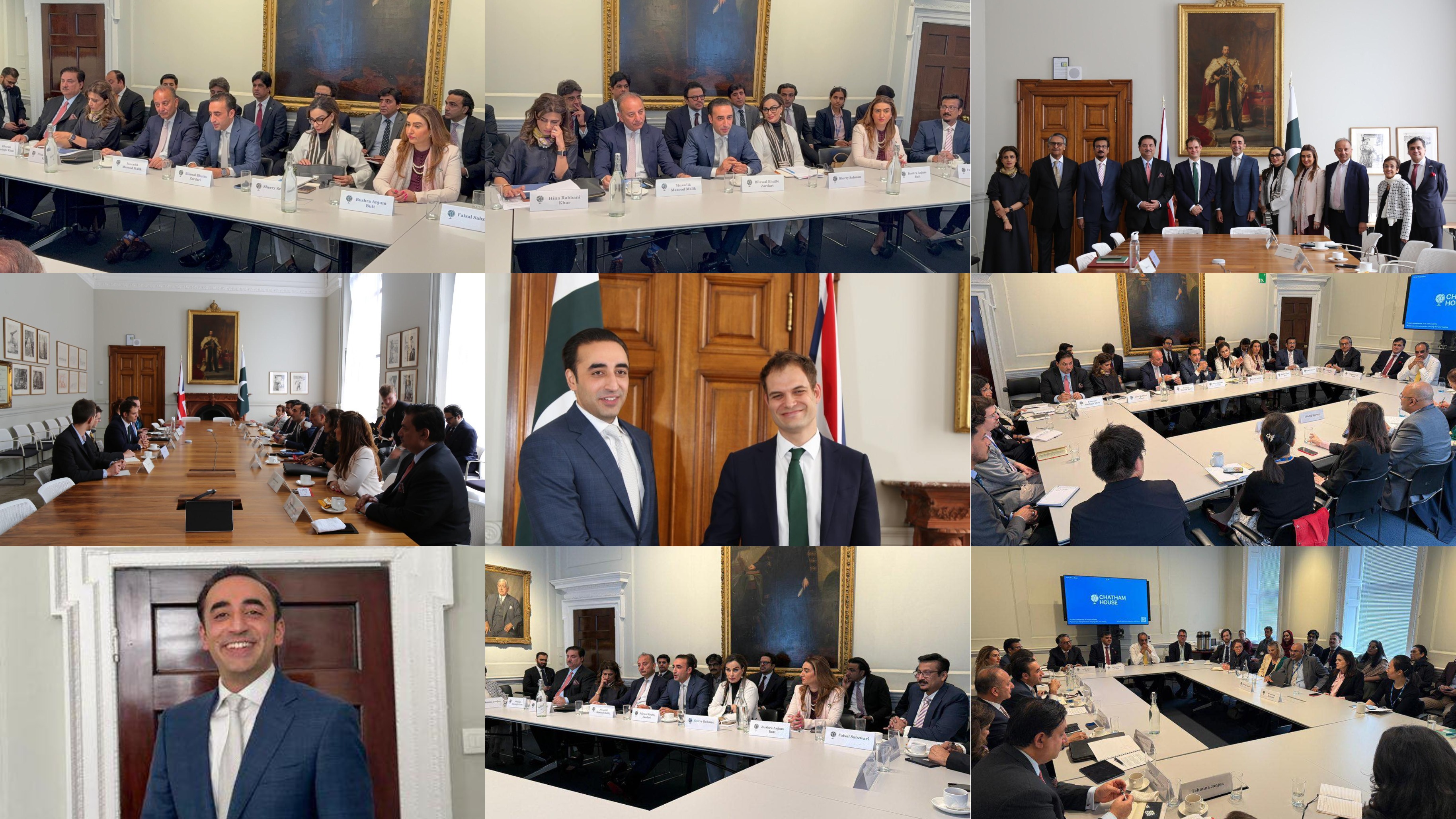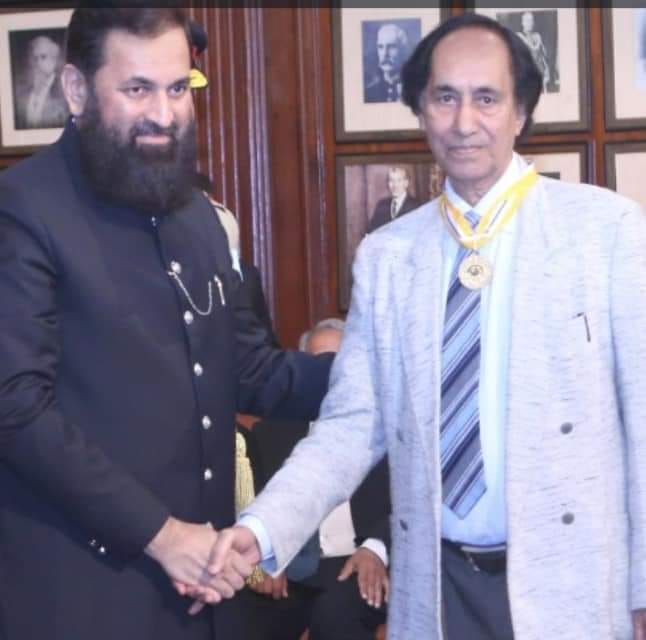Bilawal's Leadership: A New Dawn in Pakistani Diplomacy
Editorial

For decades, Pakistan's diplomatic narrative has been trapped in a cycle of reactive explanations and defensive posturing on the global stage. The country's representatives often found themselves struggling to control the conversation, responding to crises rather than shaping discourse. This week, however, witnessed a remarkable transformation as former Foreign Minister Bilawal Bhutto Zardari embarked on a diplomatic mission that signals the emergence of a new Pakistan—one that speaks with clarity, purpose, and undeniable authority.
Bilawal's engagements across London, Washington, and New York represented far more than ceremonial visits. Unlike the traditional diplomatic approach of carrying ornate folders filled with pre-packaged talking points, Bilawal arrived with substance, conviction, and a clear vision for Pakistan's role in global affairs. His presentations to the All-Party Parliamentary Group at Westminster Palace and subsequent meetings with American lawmakers demonstrated a fundamental shift from reactive diplomacy to proactive leadership.
The contrast with previous diplomatic efforts could not be more striking. Where Pakistan's international representatives once seemed to apologize for their country's position, Bilawal presented Pakistan's case with confidence and moral authority. His systematic approach to addressing the Kashmir dispute, the suspension of the Indus Waters Treaty, and regional security challenges reflected a mature understanding that effective diplomacy requires both passion and precision.
What distinguished Bilawal's diplomatic tour was its emphasis on substantive engagement rather than theatrical performance. When he addressed the Pakistani High Commission in London, calling for "common-sense diplomacy on trade, climate, and regional peace," he demonstrated an understanding that Western partners needed to see Pakistan beyond the narrow lens of volatility and crisis management. This approach marked a significant departure from the often inflammatory rhetoric that has characterized regional diplomatic exchanges.
The effectiveness of this strategy became evident in Washington, where Bilawal's measured but firm responses to congressional concerns about counterterrorism and minority rights opened doors that had previously remained closed. When Representative Brad Sherman acknowledged his readiness to "work with Pakistan on terrorism finance transparency," it represented the kind of breakthrough that comes only through patient, professional engagement rather than confrontational posturing.
Perhaps most impressive was the institutional coherence that Bilawal brought to Pakistan's diplomatic efforts. Prime Minister Shehbaz Sharif's decision to assemble a delegation that included seasoned professionals like Hina Rabbani Khar, Sherry Rehman, Khurram Dastgir Khan, and former foreign secretaries Jalil Jilani and Tehmina Janjua sent a powerful message about Pakistan's commitment to serious diplomacy. This was not about individual grandstanding but about presenting a united national front capable of addressing complex international challenges.
The coordination between Pakistan's diplomatic corps and national security apparatus ensured consistent messaging across multiple platforms and audiences. This institutional alignment stands in stark contrast to the often fragmented approach that has undermined Pakistan's international credibility in the past.
Bilawal's invocation of his grandfather Zulfikar Ali Bhutto's principle of an "independent foreign policy" and his embodiment of his mother Benazir Bhutto's legacy of moderation created a powerful narrative bridge between Pakistan's diplomatic heritage and its contemporary aspirations. By drawing upon this rich political lineage while addressing current challenges, he demonstrated that effective leadership requires both historical awareness and forward-looking vision.
His presentation of the Kashmir issue, framed within the context of international law and UN Security Council resolutions, exemplified this balanced approach. Rather than relying solely on emotional appeals, Bilawal grounded Pakistan's position in legal precedent and international frameworks, making it harder for skeptics to dismiss Pakistan's concerns as mere regional posturing.
The true test of Bilawal's diplomatic initiative will be whether this week's achievements can be transformed into sustained momentum for Pakistan's international engagement. The positive reception he received in both London and Washington suggests that the international community is ready to engage with a Pakistan that presents itself as a responsible, solution-oriented partner rather than merely a source of regional instability.
For Pakistan's future diplomatic success, this approach must become the standard rather than the exception. The country's representatives must continue to combine moral clarity with practical solutions, historical awareness with contemporary relevance, and national pride with international responsibility.
Bilawal Bhutto Zardari's recent diplomatic tour represents more than successful meetings or positive press coverage. It signals the potential beginning of Pakistan's diplomatic renaissance—a return to the kind of principled, effective international engagement that the country's founders envisioned. By demonstrating that Pakistan can speak with both authority and accountability, Bilawal has shown that the country need not choose between defending its interests and maintaining constructive international relationships.
In an era where geopolitical tensions require nuanced diplomatic solutions, Pakistan's ability to articulate its position clearly and credibly becomes not just an asset but a necessity. If Bilawal's recent efforts are any indication, Pakistan may finally be ready to claim its rightful place as a responsible and influential voice in international affairs. The challenge now lies in ensuring that this diplomatic clarity becomes Pakistan's enduring signature on the world stage.


No comments yet.